Books Like Wuthering Heights
If Wuthering Heights captivated you with its brooding anti-hero, wild moorland atmosphere, and destructive, passionate love story, these novels offer similarly dark romantic themes, gothic tones, and unforgettable characters caught between love and ruin.
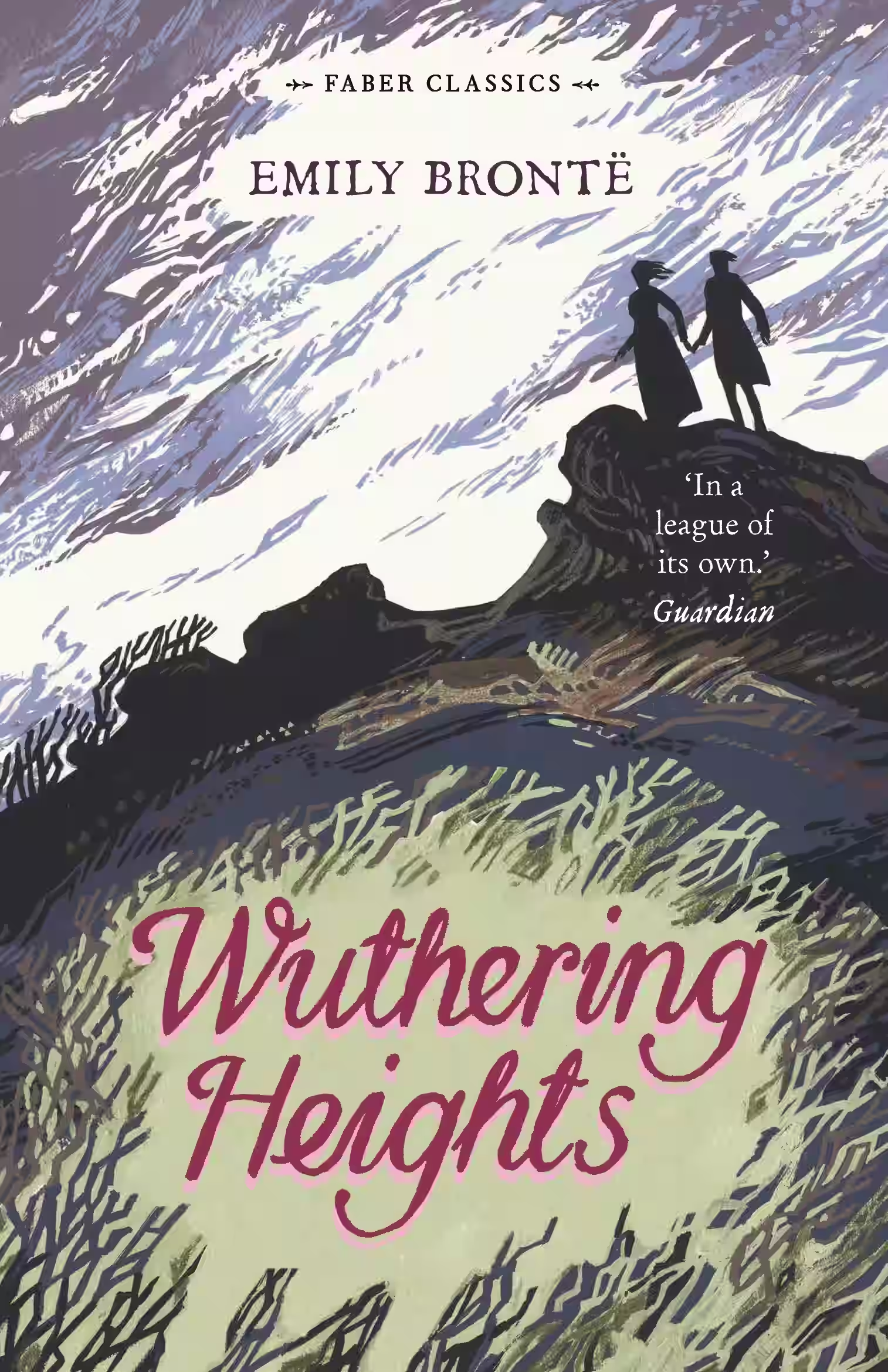
Emily Brontë’s Wuthering Heights is a dark, gothic tale of passion and revenge set on the Yorkshire moors. It tells the turbulent story of Heathcliff and Catherine Earnshaw, whose intense but doomed love leads to generational conflict and psychological torment. Narrated through nested perspectives, the novel explores themes of obsession, class, nature, and the supernatural. Despite its initial criticism, it has since become a literary classic known for its emotional intensity, atmospheric setting, and unorthodox structure.
Similar Books You Might Enjoy
If you enjoyed Wuthering Heights, you might also like these books.
Discover your next great read from our curated selection of similar books.
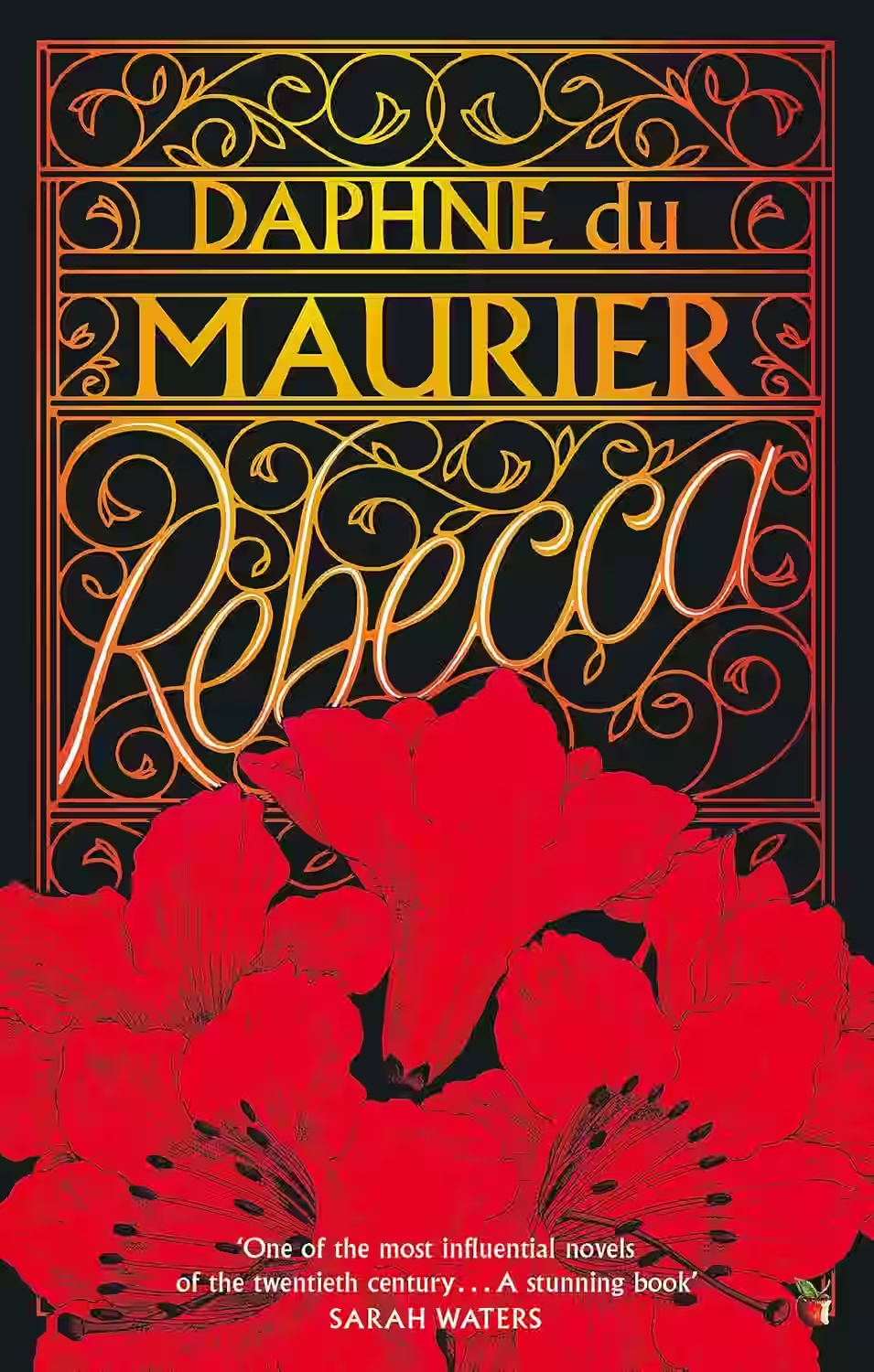
Daphne du Maurier’s Rebecca is a psychological gothic novel centered on a young, unnamed narrator who marries the wealthy widower Maxim de Winter. Upon moving to his estate, Manderley, she finds herself haunted by the memory of his charismatic first wife, Rebecca. As secrets unravel, themes of identity, obsession, and deception emerge. With suspenseful pacing and atmospheric writing, the novel explores the power dynamics in relationships and the lingering grip of the past. It remains a masterwork of romantic suspense.
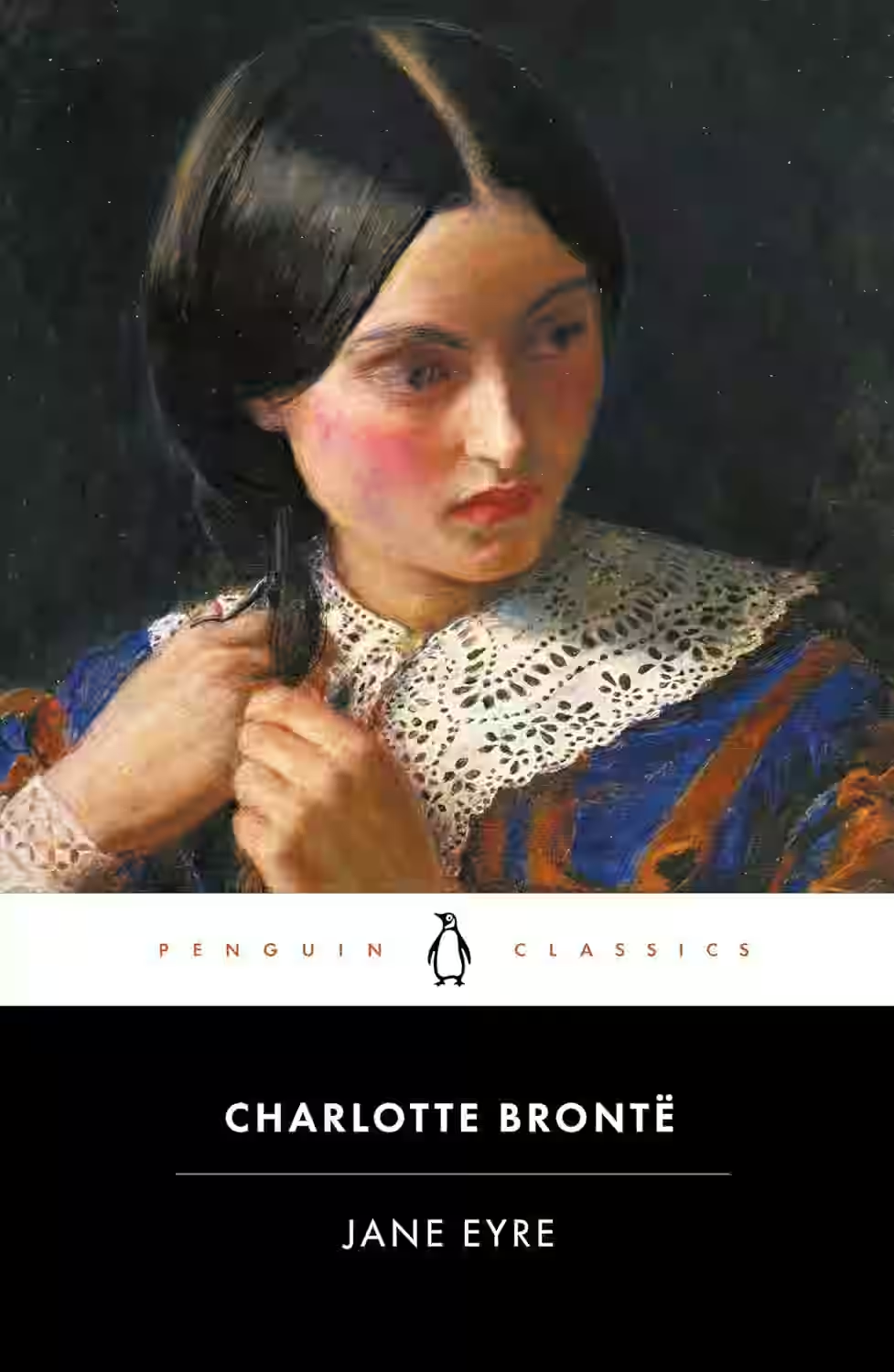
Charlotte Brontë’s Jane Eyre follows an orphaned girl who overcomes hardship and repression to find independence and love. As a governess at Thornfield Hall, Jane falls for the brooding Mr. Rochester, only to discover he harbors a dark secret. The novel explores themes of morality, autonomy, gender roles, and spiritual integrity. Noted for its strong, principled heroine and gothic atmosphere, Jane Eyre blends romance with social critique, cementing its place as a foundational feminist and literary classic.

Elizabeth Gaskell’s North and South follows Margaret Hale, who moves from rural southern England to the industrial northern town of Milton. There, she witnesses class struggles, factory life, and the tensions between labor and capital. As she clashes with and ultimately grows to respect mill owner John Thornton, the novel blends social commentary with a slow-burning romance. It explores issues of gender, class, and morality with empathy and nuance, offering a compelling portrait of industrial Britain during the Victorian era.
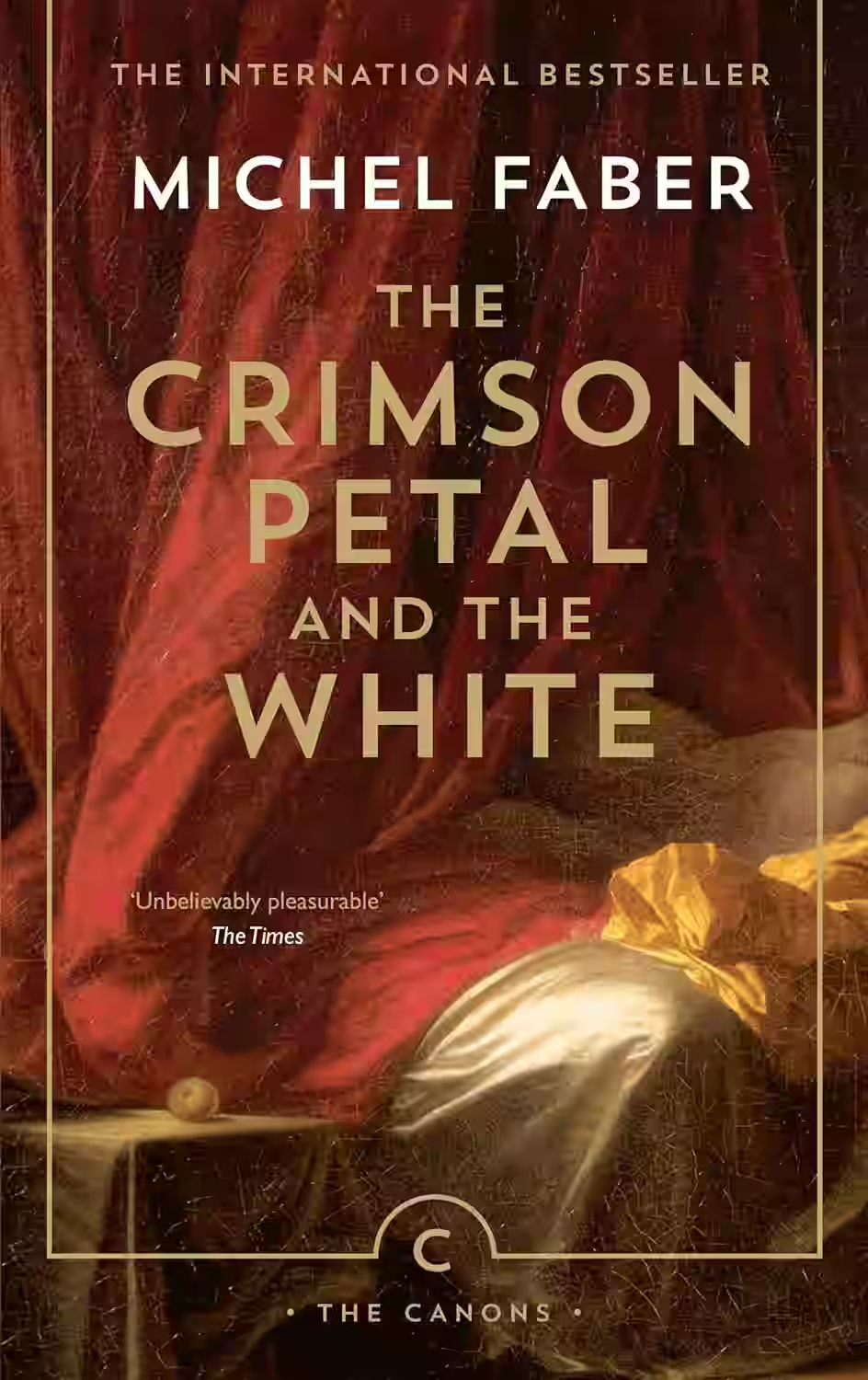
In Michel Faber's 'The Crimson Petal and the White,' readers are immersed in a vivid portrayal of Victorian London's underbelly, following the life of Sugar, a determined and unconventional prostitute with aspirations beyond her circumstances. The novel delves into themes of class struggle, gender roles, and societal constraints, providing a thought-provoking commentary on power dynamics and human desires. Through intricate character development and rich historical detail, Faber weaves a tale of ambition, betrayal, and redemption that grips readers from start to finish. 'The Crimson Petal and the White' is a meticulously crafted masterpiece that offers a compelling and immersive reading experience.
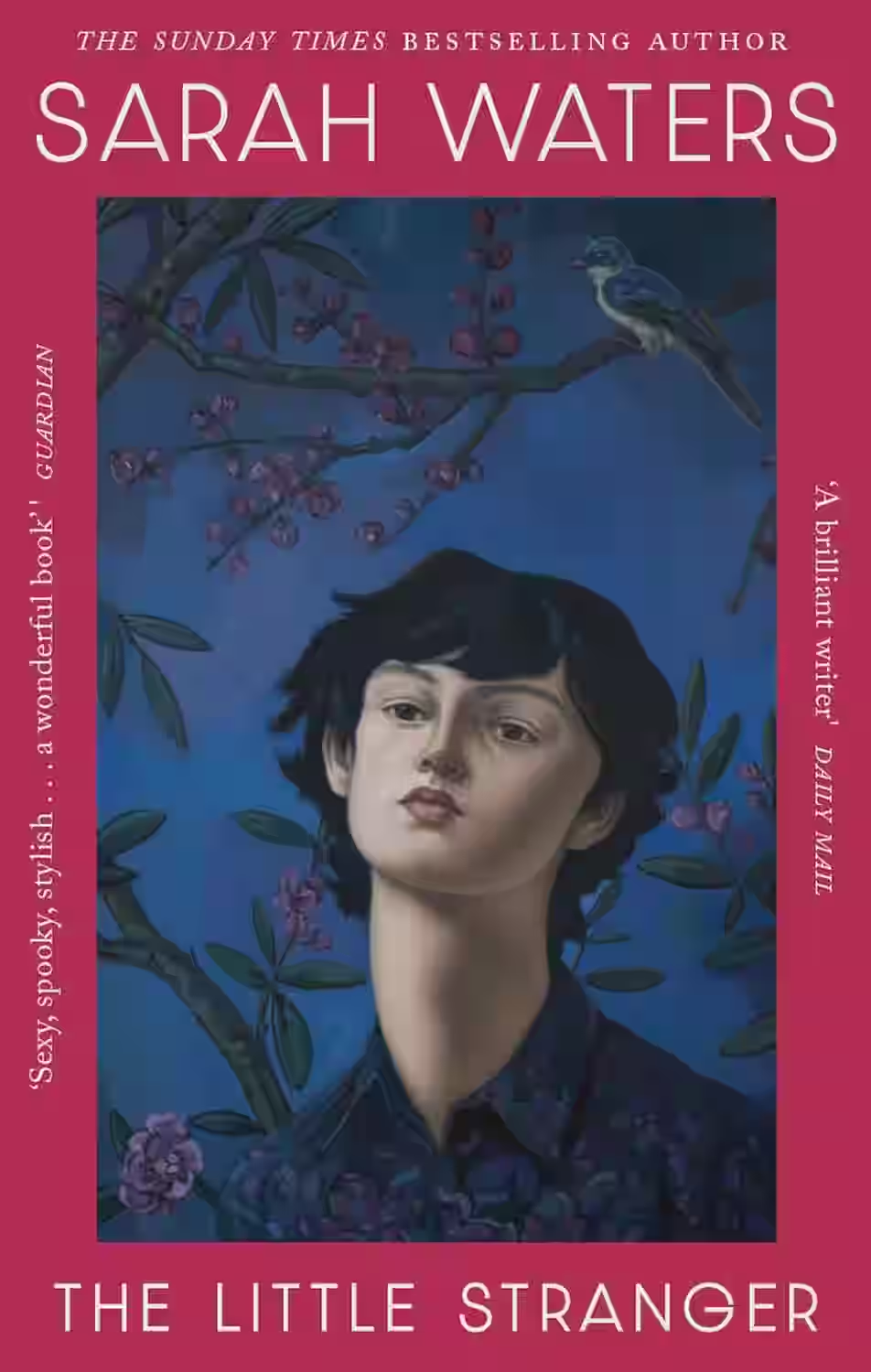
Set in post-World War II Britain, 'The Little Stranger' by Sarah Waters is a gripping Gothic novel that intertwines elements of mystery, psychological suspense, and social commentary. The story follows Dr. Faraday, a country physician who becomes entwined with the Ayres family living in the decaying Hundreds Hall. As strange occurrences plague the once-grand estate, tensions rise, leading to a chilling climax that blurs the lines between reality and the supernatural. Waters expertly crafts a haunting atmosphere while delving into themes of class, trauma, and the decline of the British aristocracy. 'The Little Stranger' is a thought-provoking and atmospheric tale that will keep readers eagerly turning the pages.
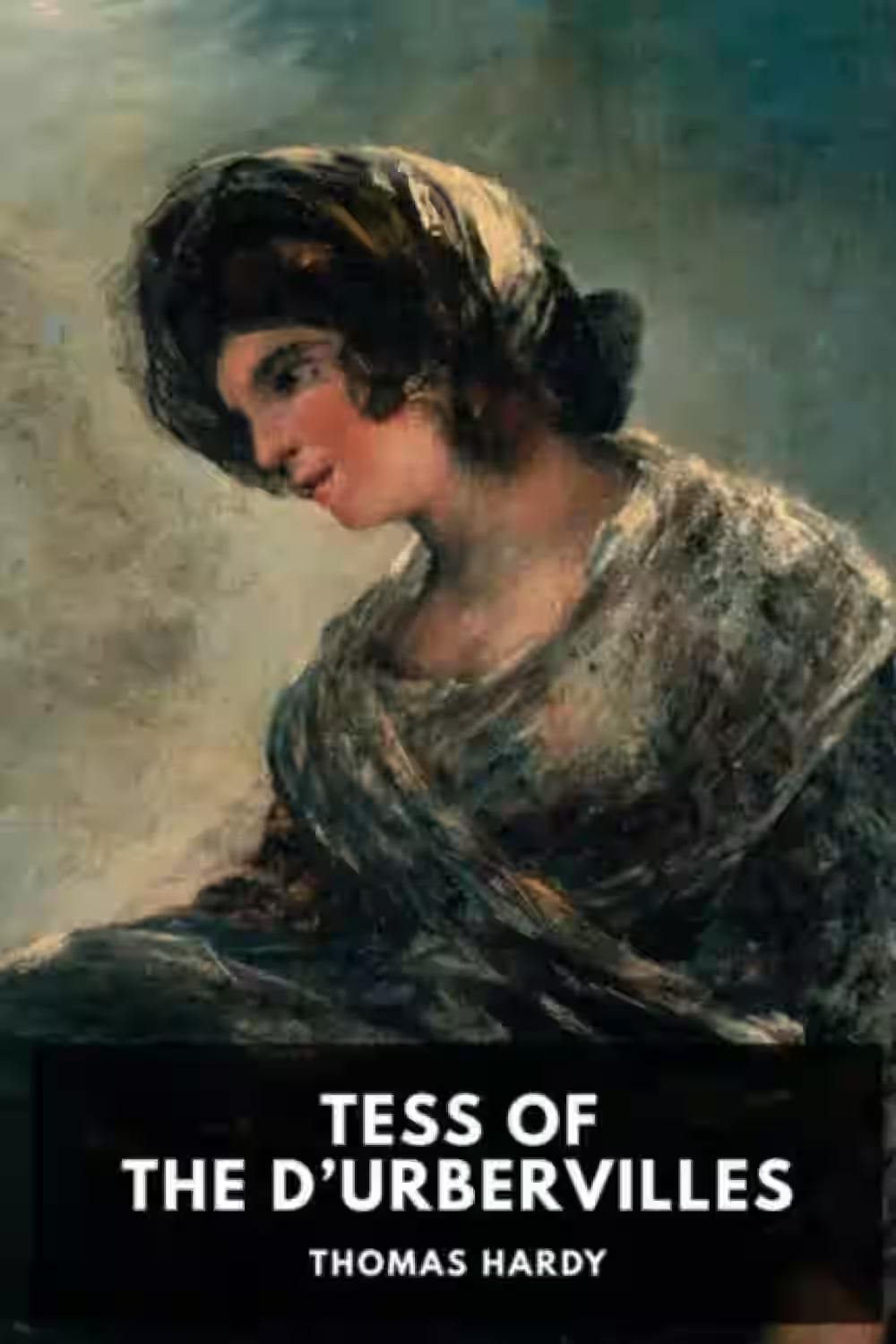
Thomas Hardy's 'Tess of the d’Urbervilles' is a captivating novel that delves into the themes of fate, purity, and society's harsh judgments. The story follows the tragic life of Tess, a young woman from a humble background who discovers she is a descendant of the aristocratic d’Urberville family. As Tess navigates love, betrayal, and societal expectations, readers are drawn into a compelling narrative that explores the complexities of morality and the injustices faced by women in Victorian England. Hardy's vivid descriptions of the rural landscapes and his nuanced character development add depth to the novel, making it a timeless classic that continues to resonate with readers today.
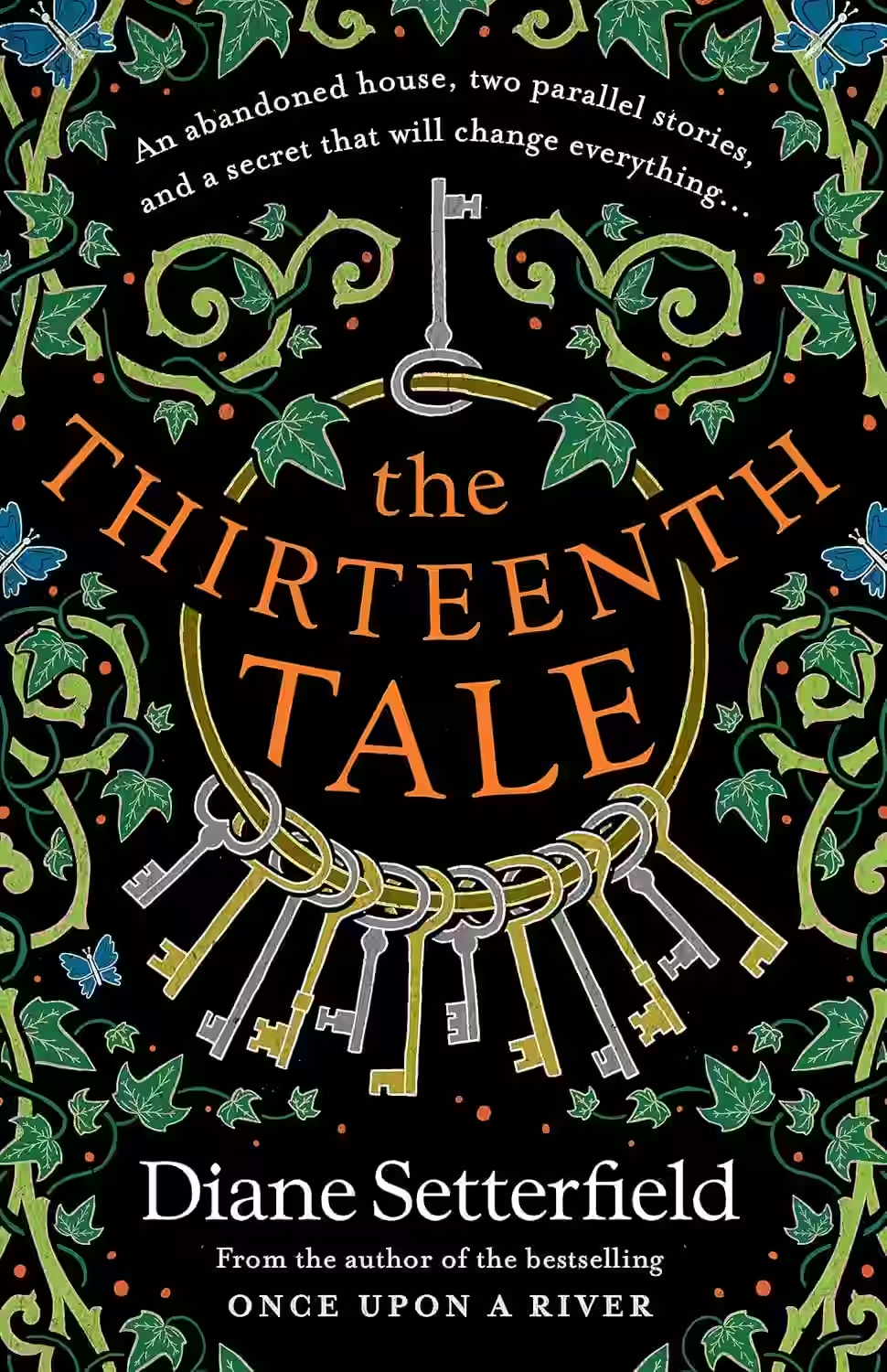
In 'The Thirteenth Tale' by Diane Setterfield, readers are drawn into a mesmerizing tale of family secrets, loss, and the power of storytelling. The story follows biographer Margaret Lea as she unravels the mysterious life of the reclusive author, Vida Winter, who shares her haunting and tragic life story. Setterfield weaves a compelling narrative filled with twists, suspense, and gothic elements that keep readers captivated until the stunning conclusion. Through themes of identity, redemption, and the impact of the past on the present, 'The Thirteenth Tale' offers a beautifully crafted blend of mystery and literary fiction that will leave a lasting impression.
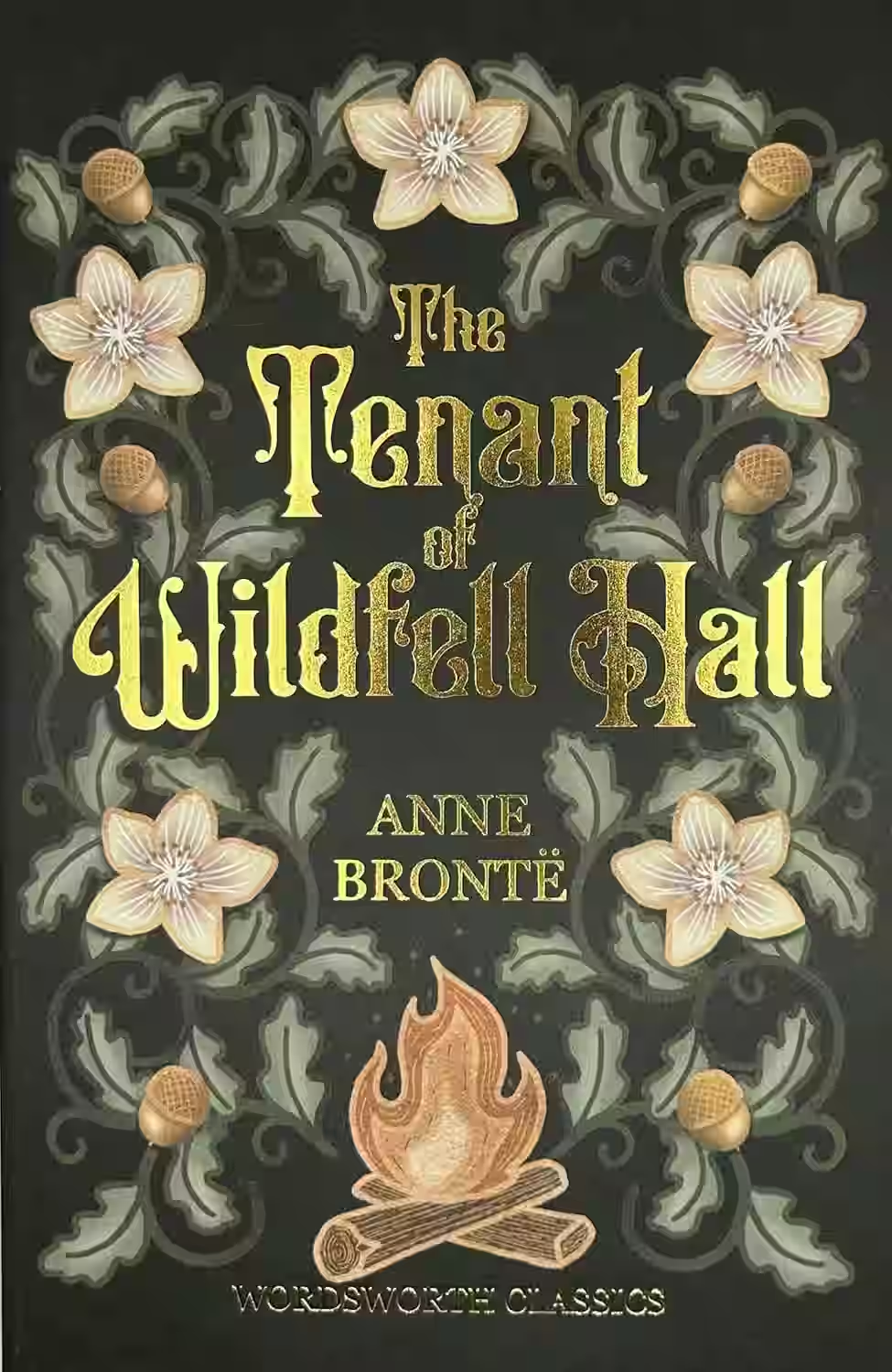
Anne Bronte's 'The Tenant of Wildfell Hall' is a gripping novel that challenges societal norms of the Victorian era. The story revolves around Helen Graham, a mysterious widow who takes up residence at Wildfell Hall, drawing curiosity and judgment from the community. Through Helen's diary entries, the novel delves into themes of abuse, liberation, and the limitations imposed on women in the 19th century. Bronte's unflinching portrayal of alcoholism and the consequences of toxic relationships makes this book a pioneering work in feminist literature. 'The Tenant of Wildfell Hall' offers a poignant exploration of personal strength in the face of societal pressure.